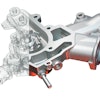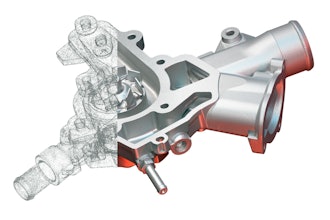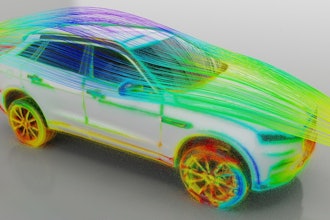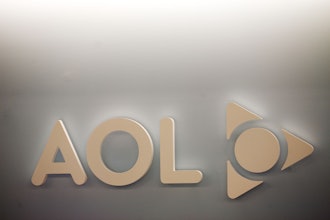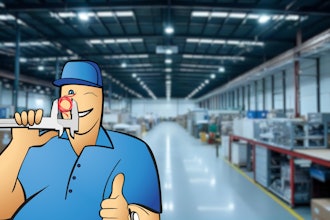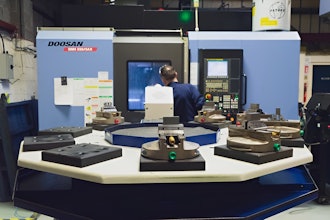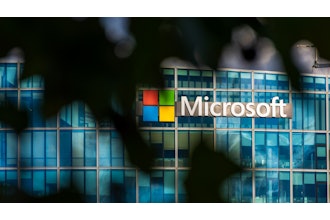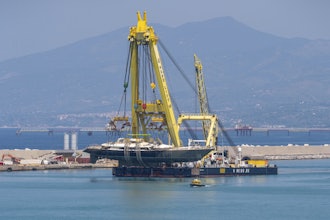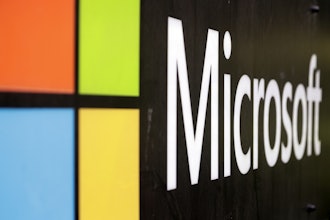
 Nick Castellina
Nick CastellinaIn a perfect world, functionality and ease of use would be the top criteria manufacturers use when deciding to purchase, replace, or upgrade their Enterprise Resource Planning (ERP) solution. Unfortunately, in the real world, cost considerations rear their ugly head. Business leaders are concerned about the price of not only purchasing the solution, but also how much it will cost to implement, support, and maintain. Further, there is significant concern that an ERP implementation will cause significant disruption to the business, cause the organization to lose focus, or even “break” business processes that the company looked upon as core to their success.
It is common to hear horror stories of ERP implementations that have gone over budget and produced little ROI. For these reasons, often the choice made during an ERP selection process does not come down to the differences between a few solutions from a few different software vendors; rather, it comes down to either purchasing a solution or doing nothing at all. Far too often, manufacturers, particularly those in a growth phase, choose to do nothing at all and delay purchasing ERP to a later date.
While it is true that delaying an ERP decision will keep your organization from spending money in the short term, the productivity gains and business improvements that your business will miss out on far outweigh the costs. Working with old technology keeps businesses from taking advantage of modern solutions that provide more functionality and are easier to use. For businesses without ERP at all, there is no way they will be able to compete and support their growth without it. Without access to a modern ERP solution, manufacturers cannot support new business models and will not experience the improvements in Key Performance Metrics that come with a successful ERP implementation. This is why Aberdeen Group’s report “The Value of Upgrading ERP: Maintaining Modern Technology” found that Best-in-Class companies are 66 percent more likely to be implemented on the latest release. Here is what your business is missing out on by standing still:
- Access to new functionality and best practices. The manufacturing industry is changing. New business models, products, locations, and regulatory concerns must be supported, and old technology may not be able to support your business in the new environment. ERP software vendors are continuously adding new best practices, often industry-specific, to their solutions that will ensure competitiveness. This will give your organization the flexibility to support growth as your business changes through the years.
- The ability to utilize emerging technology. Analytics, mobility, cloud, partner networks, and the “internet of things (IoT)” are becoming table stakes in the modern manufacturing environment. For example, using IoT and analytics together, such as through applying analytics to inexpensive sensors on machinery, can help to support predictive maintenance and enable bigger profits in new service models. Outdated solutions cannot support this innovation.
- Ease of use. You cannot achieve ERP ROI if your employees cannot use your ERP. Updated solutions are more user friendly, encouraging your employees to seek out data and integrate it into decision-making.
- The potential to attract and retain talent. A major challenge for manufacturers today is the retirement of employees with years of tribal knowledge and manufacturing expertise combined with a new generation of workers that are less inclined to embark on manufacturing careers. Without these resources, your company cannot exist. This new generation of digital natives demand technology that is user-friendly and supports how they like to work. This means software that mirrors the look and feel of applications they use in their day-to-day lives and supports immediate access to data and collaboration. For many manufacturers, modern ERP solutions have been a key differentiator when targeting this generation of workers.
- Improvements to key performance metrics. According to Aberdeen Group, those on the latest ERP version saw more significant benefits in metrics such as complete and on-time delivery, inventory turns, internal schedule compliance, and reductions in operational costs. These benefits would only by exponentially improved over manufacturers without ERP at all. These performance improvements have a direct impact on the bottom line, which may pay for the ERP solution.
Do not let indecision cost you. You may think you are saving money, but waiting to implement, replace, or upgrade ERP is only going to hurt you in the long run. The access to new best features and emerging technology along with enhanced usability will lead to business benefits allowing you to remain competitive. Today’s ERP vendors offer rapid implementation accelerators that will enable your business to get up and running quickly with minimal disruption. If you wait, you are only holding your business back.
Nick Castellina is Director of Industry & Solution Strategy at Infor.



